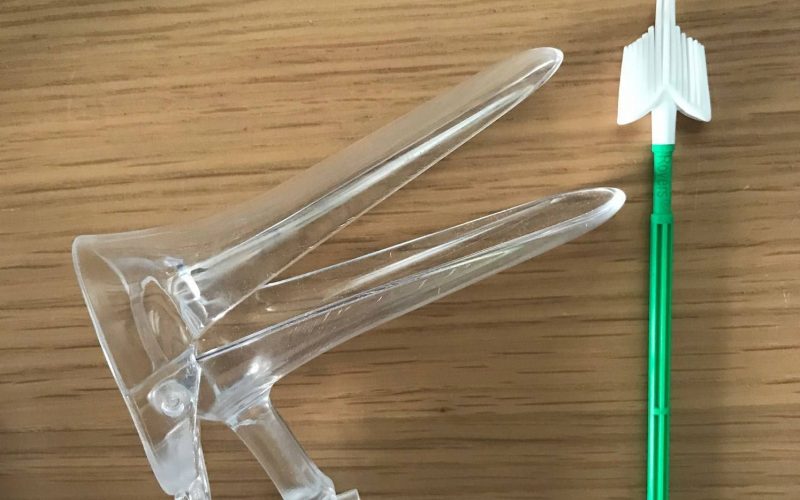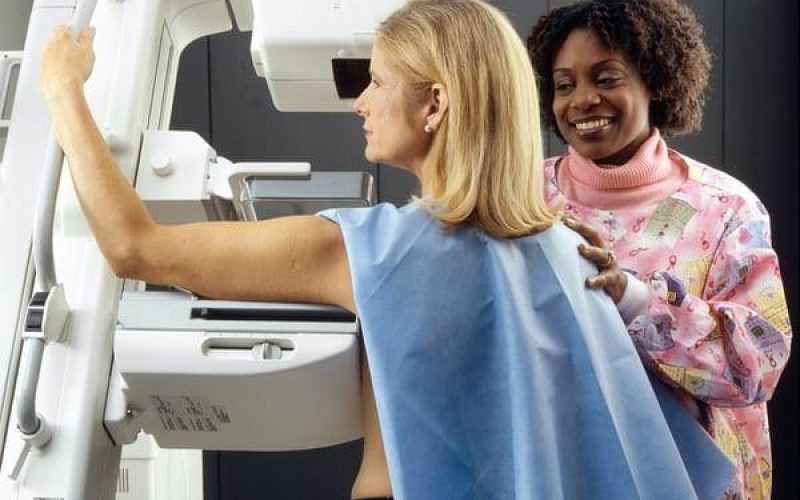Following a 12-week national pause in screening, due to the coronavirus outbreak, cervical screening (smear test) is the first NHS cancer screening programme to resume. Things might be a bit different when you next attend your smear test appointment but keep a look out for your invitation letter.
Let me tell you some key information about cervical cancer and cervical screening.
About cervical screening
- Cervical screening (smear test) checks the health of your cervix by taking a small sample of cells
- It is a test looking for certain types of Human Papillomavirus (HPV)
- There’s also HPV primary testing, this is because high risk HPV can cause cell changes in the cervix
- It helps to prevent cancer
- The screening takes place at your GP practice
- You will be sent a letter with the results; it takes around 2-6 weeks to get the results.
Watch this video to find out how a smear test is carried out; it will help you to know what to expect.
Who’s invited for cervical screening?
- You should be invited for cervical screening if you have a cervix
- Aged between 25-49 invited every 3 years
- Aged between 50-64 invited every 5 years.
Symptoms of cervical cancer
- Unusual vaginal bleeding- bleeding between periods, during/after sex or after the menopause
- Pain in lower back or pelvis
- Pain or discomfort during sex
- Changes to vaginal discharge.
If you experience any potential symptoms, speak to your GP. These symptoms are often caused by other non-cancerous illnesses, but it is always best to get checked.
Benefits of screening
- Can identify risk of cell changes and cervical cancer
- Can spot abnormalities early.
- It helps to stop cervical cancer from developing
- If it is cancer, detecting it early due to screening can lead to it being more treatable.
Cervical screening saves lives.
Cervical screening top tips!
We know that the smear test is not the easiest procedure, and everyone has a different experience. Check out our top tips to help you to feel as comfortable as possible when attending your screening appointment.
- Talk to your doctor/nurse about any worries
- Ask for the first available appointment, this means you aren’t waiting around all day for the appointment
- Ask to book a longer/double appointment, this gives time to ask questions and see the equipment
- Bring a friend with you – due to Covid-19 this may not be possible right now, but if it will help it is worth asking
- Listen to music
- If you feel comfortable, wear a skirt/dress to help you to feel more covered. You can keep it on throughout and only take off your underwear
- Remember to reward yourself after the screening.
You are in control of your screening, you can ask for a different sized speculum, put the speculum in yourself and you can ask to lie in a more comfortable position.
Try not to put off screening, it is a great way to protect yourself against cervical cancer.
Due to Covid-19 you may have to wait longer for your screening invitation and there may be some changes at your GP practice. It is safe to attend your screening appointment, your GP practice will only offer screening if it is safe for you and the staff.
Remember, this is routine screening for people without symptoms. If you notice any unusual changes to your body, don’t delay, speak to your GP.
If you are trans or non-binary and are unsure about your eligibility, then ask your GP for advice. For more information visit www.cancerresearch.org
Other Resources
Jo’s Trust is the UK’s leading cervical cancer charity, for information and support visit www.jostrust.org.uk. If you have questions about cervical screening check out their frequently asked questions page www.jostrust.org.uk .
To find out how to self-check your breasts and information about breast cancer, look at our other blog post www.leedscancer.com




